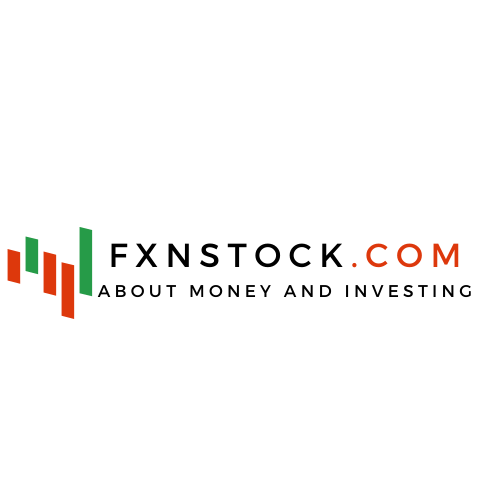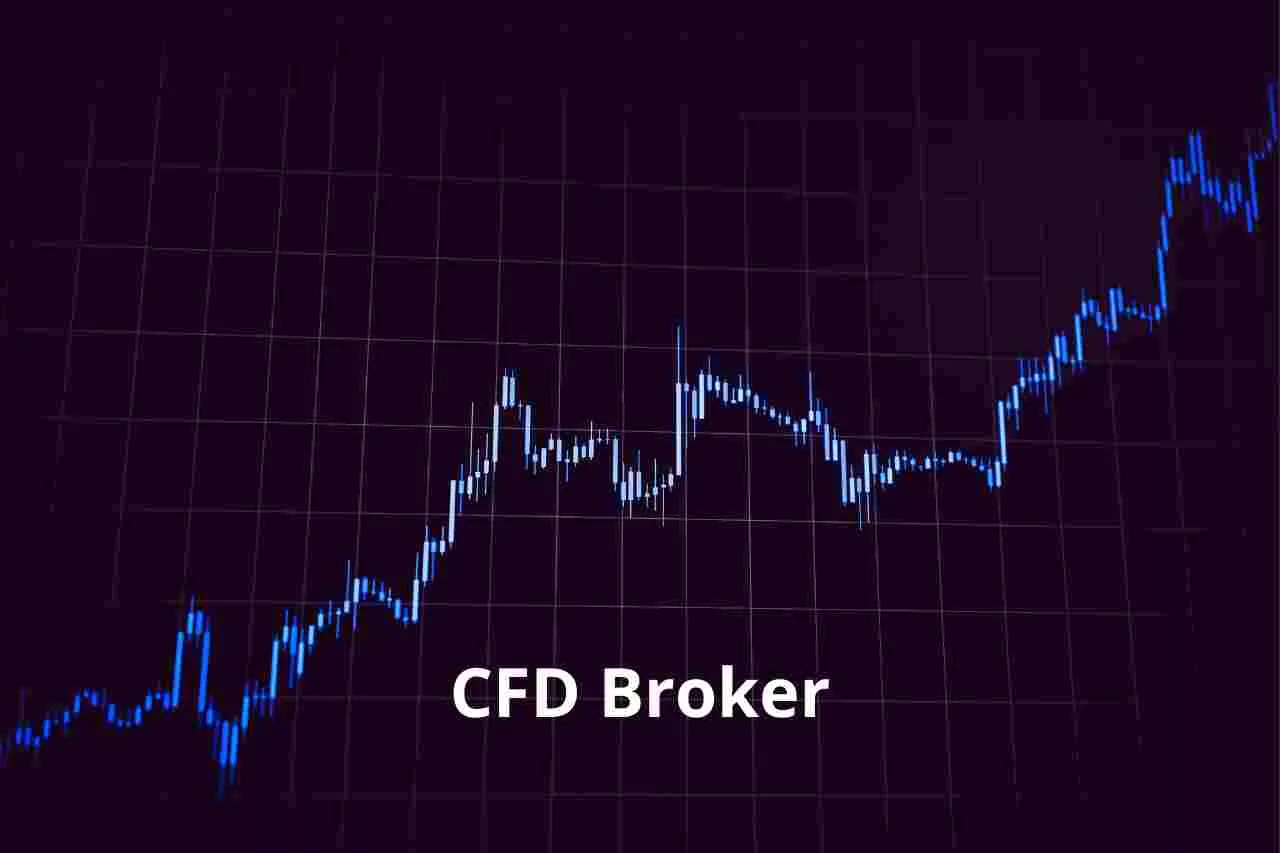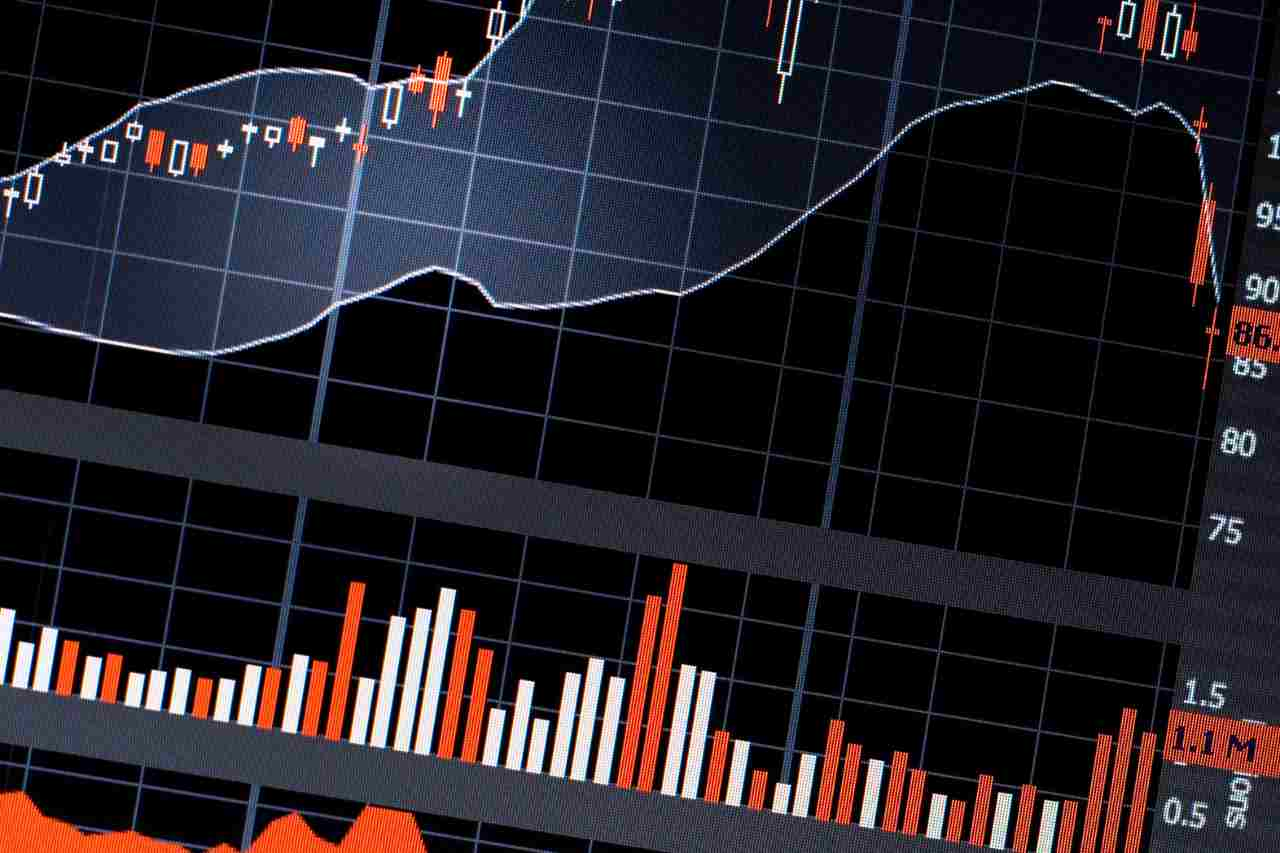Table of Contents
What is a CFD broker? You may have heard about them if you’re new or experienced in trading. But what are they?
CFD brokers are financial providers that let traders speculate on underlying asset price movements without owning them.
CFD stands for Contracts for Difference, a type of financial instrument used to speculate on an asset’s price movements, such as a stock, index, or commodity.
Selecting the right CFD broker is essential for any trader’s success. In this post, we’ll explore what CFD brokers are, how they operate, and what factors to consider when picking the right one for your needs.
Additionally, we’ll showcase some of the best CFD brokers in the market and offer tips for successful CFD trading.
What is a CFD Broker?
A CFD broker allows traders to speculate on underlying asset price movements without owning them.
Traders may speculatively bet on the price changes of assets like stocks, indices, or commodities using CFDs or contracts for difference.
By opening a CFD position with a broker, traders agree to exchange the difference between the opening and closing price of the underlying asset.
Traders can profit if the price moves in their predicted direction, but they can also incur losses if the price moves against them.
CFD brokers offer access to various financial markets, including stocks, indices, commodities, currencies, and cryptocurrencies. They also provide trading platforms, tools, educational resources, and customer support.
Using a CFD broker is a useful way for traders to speculate on the price movements of various assets without owning them or needing large amounts of capital.
How to Choose the Right CFD Broker
Choosing the right CFD broker can be crucial for the success of your trading strategy.
Here are some crucial aspects to take into account while choosing a CFD broker:
Reputation and Regulation
When choosing a CFD broker, reputation and regulation are essential factors.
Here’s why:
Reputation
Choosing a CFD broker with a good reputation in the industry is important. You can research a broker’s reputation by reading reviews and feedback from other traders (also read: Stock Research).
Search for brokers that have a track record of offering their customers high-quality services and assistance.
Regulation
When selecting a CFD broker, regulation is a crucial factor to consider. Regulated brokers must comply with strict rules and regulations to safeguard traders, including standards of conduct and financial reporting requirements (also read: Is forex a scam?).
Regulatory bodies such as the FCA, ASIC, and SEC are reputable and set high standards for brokers to operate in their respective jurisdictions. They ensure that brokers provide fair and transparent services to their clients, protecting them from fraud and manipulation.
A regulated broker typically displays their regulatory information on their website or marketing materials, including the regulatory authority’s name, license number, and other relevant details.
To ensure the safety of your funds and trading experience, choosing a CFD broker with a good reputation and solid regulatory standing is essential.
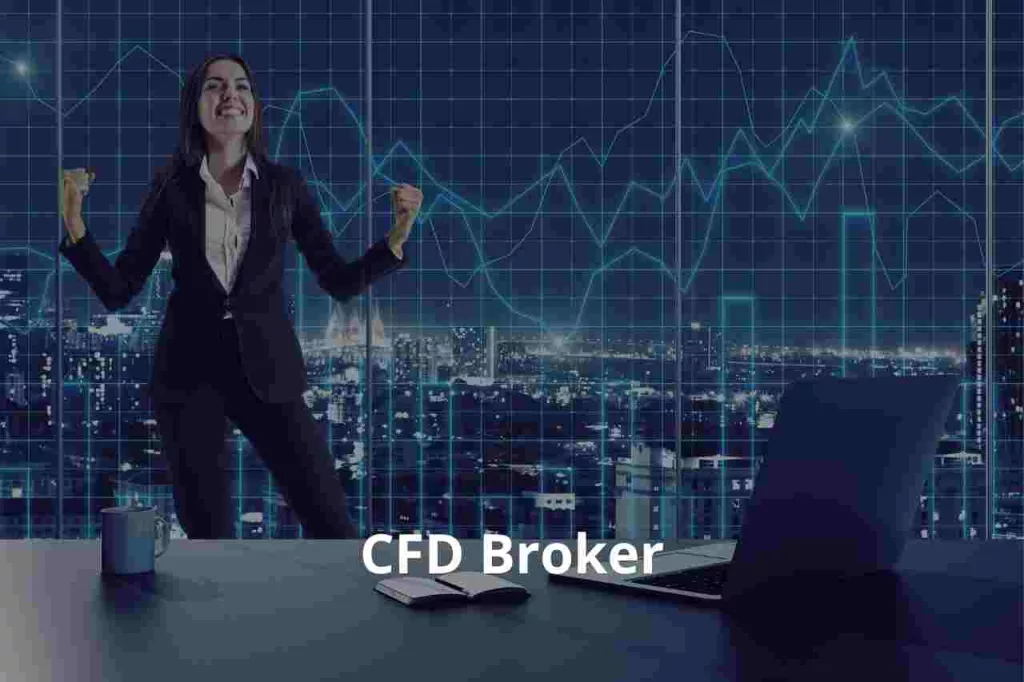
Trading Platform and Tools
When choosing a CFD broker, their trading platform and tools are also important factors to consider.
Here’s why:
Trading Platform
When selecting a CFD broker, the trading platform is crucial as it’s the interface used to execute trades. Choosing a broker offering a user-friendly, reliable, and efficient platform is vital.
The platform should provide easy access to your preferred markets with advanced charting, order management tools, and risk management features.
The platform’s compatibility with your device, such as whether it’s accessible on desktop, mobile, or both, should also be taken into account (also read: Forex trading apps).
Tools
Apart from the trading platform, a good CFD broker should provide various trading tools to assist traders in making informed trading decisions.
These tools can include market analysis, economic calendars, trading signals, and other resources to keep up with market developments.
Some brokers offer advanced tools, like algorithmic or social trading, which could be beneficial to more experienced traders.
Choosing a CFD broker with a suitable trading platform and tools can significantly impact your trading experience.
Therefore, selecting a broker with a platform and tools that meet your trading needs and objectives is essential.
Account Types and Trading Fees
When choosing a CFD broker, the account types and trading fees they offer are important factors to consider.
Here’s why:
Account Types
To accommodate the interests and goals of various traders, a decent CFD broker should have a selection of account kinds.
Some brokers may offer standard accounts, premium accounts, or even specialized accounts for certain types of traders, such as scalpers or high-volume traders.
You should consider the minimum deposit requirements, spreads, leverage, and other trading conditions for each account type to ensure they suit your trading style and preferences.
Trading Fees
The trading fees charged by a CFD broker can significantly impact your trading performance. The primary types of trading fees are spreads and commissions.
Spreads are the difference between an asset’s bid and ask price and are charged on every trade.
Some brokers offer fixed spreads, while others provide variable spreads that could fluctuate depending on market conditions.
Commissions are flat fees charged by the broker for executing a trade. Some brokers offer zero-commission trading, while others impose a fixed or variable commission based on the trade’s size.
To ensure that the fees are competitive and transparent, it’s essential to compare the trading fees of different brokers. Additionally, some brokers might have hidden fees or charges, so carefully read the terms and conditions.
When choosing a CFD broker, it’s important to consider the account types and trading fees offered to ensure that they align with your trading requirements and objectives.
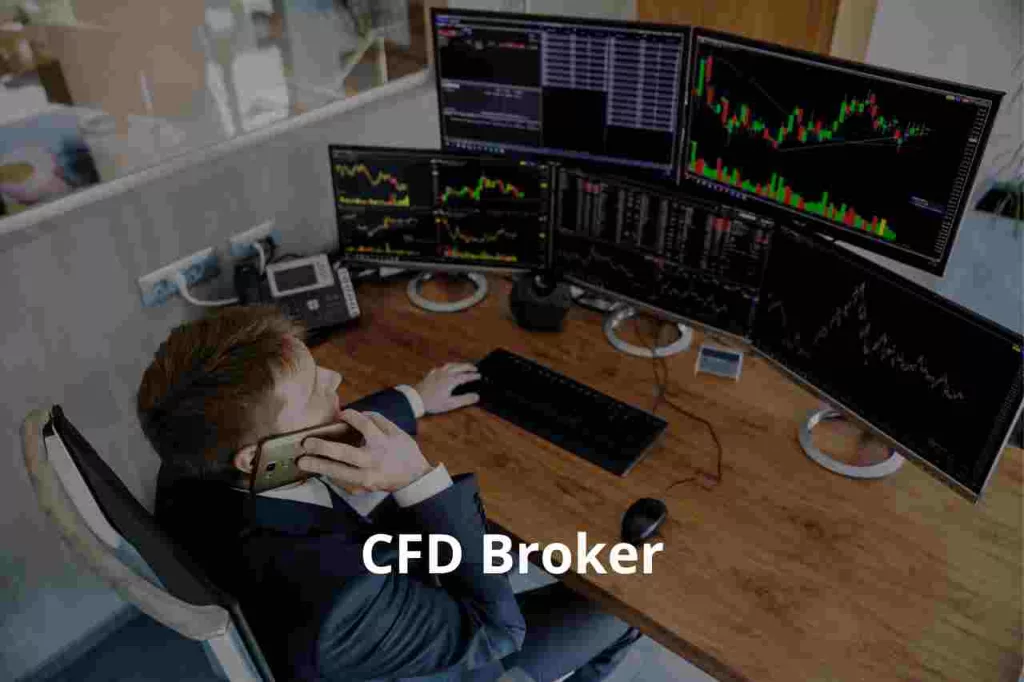
Customer Support
When choosing a CFD broker, customer support is an important factor to consider.
Here’s why:
Trading can be challenging, and you may require assistance at times. A reliable CFD broker should provide various customer support options to help with your queries or concerns.
Some brokers offer support via email, phone, or live chat. Opt for a broker that responds efficiently and is available round-the-clock.
Also, some brokers may provide customer support in different languages to accommodate traders worldwide.
Quality service is another vital aspect of customer support. A reputable broker should have experienced and knowledgeable support personnel to help with technical issues or trading-related queries.
Besides conventional customer support, some brokers may also offer educational resources such as webinars, trading guides, and other materials to help you enhance your trading skills and knowledge.
Education and Research
Education and research are important factors to consider when choosing a CFD broker. Here’s why:
Education
For an effective CFD broker, offering educational resources like webinars, tutorials, trading guides, and other materials is crucial.
These resources come in handy, especially for beginner traders still grasping the trading fundamentals.
Even skilled traders can leverage continuing education to stay abreast of current market trends and tactics.
Research
Research resources play a vital role in making informed trading decisions by analyzing market trends, news, and other factors.
An efficient CFD broker should provide research resources such as market analysis reports, economic calendars, and trading signals to keep you updated with market developments.
Some brokers may also offer advanced research tools such as charting software or trading algorithms for experienced traders.
Overall, education and research are crucial aspects to weigh when selecting a CFD broker.
It’s wise to opt for a broker who offers diverse educational and research resources to aid in informed trading decisions and progressively improve your trading skills.
Top CFD Brokers in the Market
Many CFD brokers are in the market, each with unique features and offerings.
Here are some of the top CFD brokers to consider:
eToro
eToro, a well-known CFD broker established in 2007 and based in Israel, provides an intuitive trading platform with social trading features that enable traders to follow and copy other traders’ trades.
The social trading platform is a unique feature of eToro, enabling users to monitor other traders’ trades and even replicate them. This tool is beneficial for inexperienced traders still learning the trade.
eToro presents an extensive range of markets to trade, including stocks, forex, cryptocurrencies, and commodities, accessible on desktop and mobile devices (also read: Best forex brokers).
eToro provides different account types, such as standard, professional, and demo accounts, enabling traders to practice their skills before trading with real money. The platform also offers numerous educational and research resources, such as webinars, tutorials, and trading guides.
Overall, eToro is a reputable CFD broker with distinct features like its social trading platform and user-friendly interface, making it an excellent choice for traders looking for an innovative trading experience.
Plus500
Plus500 is an established CFD broker established in 2008 and headquartered in Israel. It provides a broad range of markets to trade, including forex, stocks, cryptocurrencies, and commodities.
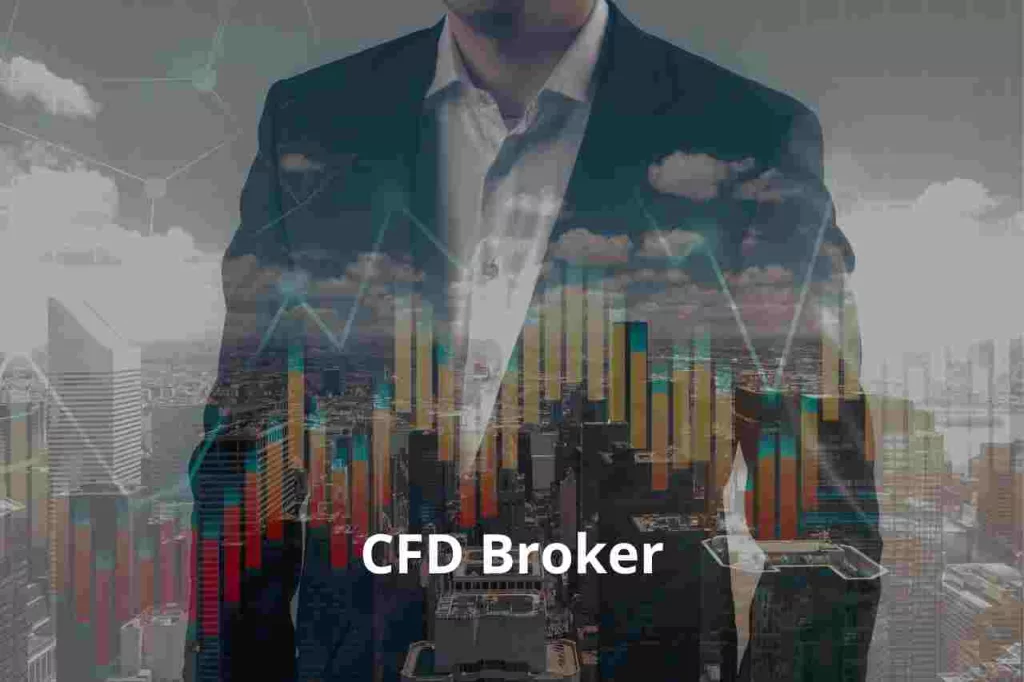
A unique feature of Plus500 is its proprietary trading platform, which is user-friendly and accessible on desktop and mobile devices (also read: Plus500 demo account). The platform offers competitive spreads and zero commissions on most trades, making it an attractive option for cost-conscious traders.
Plus500 provides a range of educational and research resources, including an economic calendar, market news, and chart analysis tools. It offers a demo account for traders to practice their skills before trading with real money.
Plus500 is regulated by multiple financial authorities, including the FCA and ASIC, protecting traders’ funds (also read: How to make money on Plus500).
IG
IG is a reputable CFD broker founded in 1974 and headquartered in the UK. It offers a variety of trading platforms, including its proprietary platform and MetaTrader 4, as well as a broad range of markets to trade, such as forex, stocks, indices, commodities, cryptocurrencies, and more (also read: Which one is better MT4 or MT5).
IG provides competitive pricing and tight spreads, an attractive option for cost-conscious traders.
It also offers a variety of educational and research resources, such as market analysis reports, trading signals, and webinars.
Regarding account types, IG provides different account options to suit different traders’ needs and goals, supplying a demo account so that traders may hone their abilities before engaging in real-money trading.
Moreover, IG is regulated by several financial authorities, including the FCA, which guarantees the safety of traders’ funds.
Pepperstone
Pepperstone is a popular CFD broker founded in 2010 and headquartered in Australia.
It offers a range of markets to trade, including forex, stocks, commodities, cryptocurrencies, and more, with competitive pricing and tight spreads (also read: Forex account Pepperstone).
Pepperstone offers several trading platforms, including its proprietary platform, MetaTrader 4 and MetaTrader 5, and cTrader, which provides traders with various options.
The broker also provides a variety of learning and research tools, including trading guides, webinars, and market analysis.
Pepperstone offers several account types to suit different traders’ needs and objectives, including a demo account for traders to practice their skills before trading with real money.
The UK’s Financial Conduct Authority (FCA) and the Australian Securities and Investments Commission (ASIC) both regulate the broker, protecting investors’ funds.
FXTM
FXTM (ForexTime) is a well-established CFD broker founded in 2011 and headquartered in Cyprus.
It offers a range of markets to trade, including forex, stocks, commodities, cryptocurrencies, and more, with competitive pricing and tight spreads.
FXTM offers several trading platforms, including its proprietary platform, MetaTrader 4 and MetaTrader 5, and a range of mobile trading platforms, providing traders with various options.
The broker also provides a variety of learning and research tools, including trading guides, webinars, and market analysis.
Regarding account types, FXTM offers several account types to suit different traders’ needs and objectives, including a demo account for traders to try their skills before trading with real money.
A number of financial regulators, notably the Cyprus Securities and Exchange Commission, also oversee the broker (CySEC), the Financial Services Commission (FSC) in Mauritius, and the Financial Conduct Authority (FCA) in the UK, ensuring that traders’ funds are protected.
Tips for Successful Trading with a CFD Broker
Here are some tips for successful trading with a CFD broker:
Educate Yourself
Education is crucial for successful trading with a CFD broker. Trading in financial markets involves risks, and it’s essential to understand the markets you want to trade in, including their characteristics, risks, and opportunities.
Technical analysis is also an essential skill that traders should master to identify trends and make informed trading decisions. Additionally, risk management is vital to limit potential losses and manage trading capital effectively.
There are several ways to educate oneself about trading, including reading trading books, taking courses, attending webinars, and joining trading communities.
Trading books can provide valuable insights and knowledge from experienced traders, while courses and webinars offer structured learning programs covering various trading topics.
Joining trading communities, such as forums or social media groups, can provide opportunities to connect with other traders and learn from their experiences.
Use a Trading Plan
Having a trading plan is crucial for successful trading with a CFD broker. Traders write out their goals, strategies, and actions in a trading plan.
It provides a roadmap for the trader’s trading activities and serves as a reference point for making trading decisions.
Here are some key elements that a trading plan should include:
Goals: A trading plan should define the trader’s goals, such as the desired level of return on investment, the amount of trading capital, and the trading frequency.
Trading strategies: A trading plan should describe the trader’s trading strategies, including the analysis methods, the types of orders used, and the trading timeframe.
Risk management techniques: A trading plan should outline the risk management techniques used by the trader, such as the use of stop-loss orders, position sizing, and the maximum risk per trade.
Trading schedule: A trading plan should define the trader’s trading schedule, including the markets and timeframes traded, the trading hours, and the days of the week when trading occurs.
With a trading plan, traders can make informed decisions, avoid impulsive trades, and focus on their goals.
Additionally, a trading plan can help traders to manage risks effectively, limit potential losses, and increase their chances of success with a CDF broker.
Start Small
It’s always best to start trading with a small amount of capital, especially if you’re a beginner.
This will allow you to gain experience and build confidence in your trading strategy without risking much money.
Use Stop-Loss Orders
This are essential risk management tools traders can use to limit their losses when trading with a CFD broker.
Traders may create stop-loss orders at certain prices, and it automatically closes their trade when the market reaches that level.
Here are some benefits of using stop-loss orders:
Limits losses: Stop-loss orders can help traders limit their losses if the market moves against their trade. By setting a stop-loss order, traders can ensure that their losses are limited to a predetermined amount.
Reduces emotional trading: Stop-loss orders can help traders avoid making emotional trading decisions, such as losing or closing profitable positions too early.
Automates trading: Stop-loss orders can automate the trading process, allowing traders to focus on other aspects of their trading strategy.
When setting a stop-loss order, traders should consider the market conditions and the potential risks.
Additionally, traders should set their stop-loss order at a level that reflects their risk tolerance and trading strategy.
By using stop-loss orders, traders can effectively manage their risks and improve their chances of success with a CFD broker.
Monitor Market News
It’s important to stay informed about market news and events that can affect your trades.
This can include economic reports, political developments, and company earnings announcements.
Keep a Trading Journal
Keeping a trading journal can help you analyze your trades and identify patterns in your trading strategy.
You can use a trading journal to track your trading performance, including your wins and losses.
Be Patient
Successful trading takes time and patience. Refrain from making impulsive trades or chasing after quick profits. Stick to your trading plan and patiently wait for the right trading opportunities.
Conclusion
Choosing the right CFD broker is essential for successful trading. It’s important to consider factors such as reputation, regulation, trading platforms and tools, account types and trading fees, customer support, and education and research resources when selecting a CFD broker.
By choosing a reputable broker that offers a range of trading platforms and markets, competitive pricing, and a range of educational and research resources, traders can improve their chances of success.
Additionally, by following trading tips such as educating oneself, using a trading plan, starting small, using stop-loss orders, monitoring market news, keeping a trading journal, and being patient, traders can increase their chances of success. Successful trading requires discipline, patience, and continuous learning and improvement.
